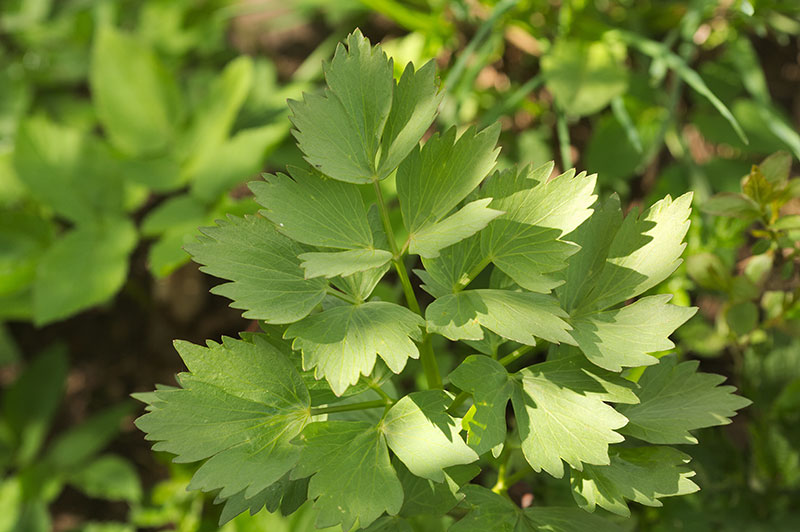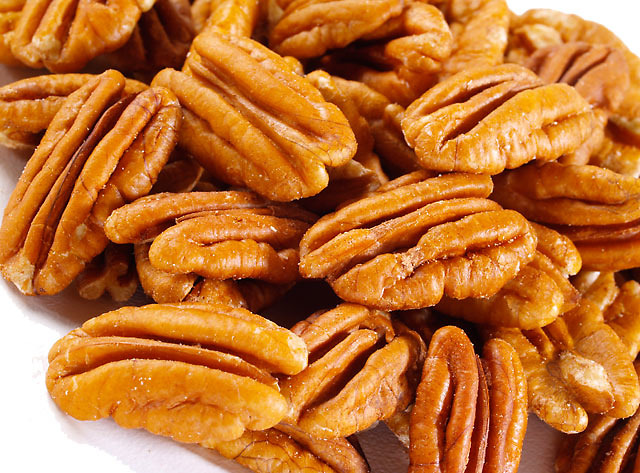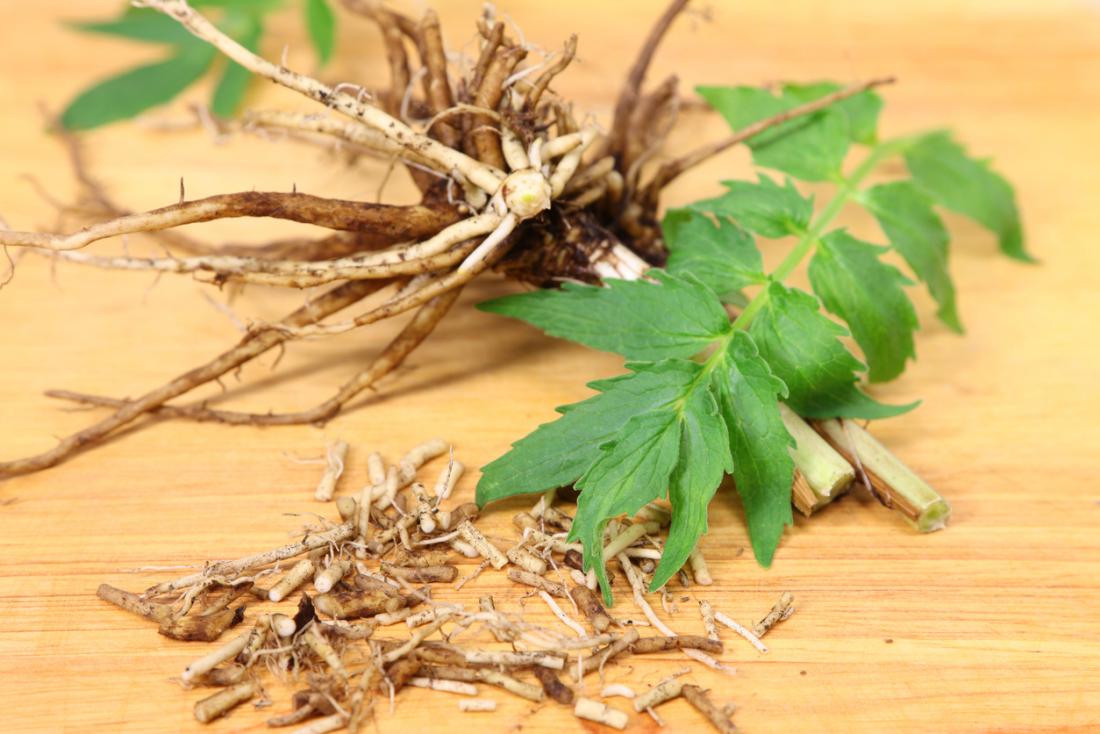Lovage is a member of the Levisticum genus and this perennial herb is of high value in several cultures all around the globe. The origin of this plant is hotly debated to be of either Mediterranean origin or of southwest Asia. Lovage is highly sought after for its leaves, roots and seeds.
Based on its intended use, different parts of this plant is used for preparing salads, broths, soups or even as a spice or a flavoring agent in alcohol and other beverages.
11 Must Know Health Benefits of Lovage
Lovage is widely used in Europe and Asia for its several important health benefits, some of which are mentioned below.
As a carminative or digestive aid
Owing to the anti – inflammatory property of lovage it is ideal for soothing conditions of upset stomach and for helping your gastrointestinal system return to its normal state.
Lovage also helps to reduce bloating, excess gas in your bowels and thus promotes healthy and normal movement in your colon.
As a diaphoretic
Lovage can help in prompting sweating and perspiration which would eventually help in cooling the body. This is also an effective mechanism to help rid the body of toxins through the skin via seating.
It can assist in relieving intermittent fevers too.
As a stomachic
Lovage can help in boosting the appetite of your child and thus addressing the issue of a poor appetite. This plant can be added as a herbal bitters.
As an expectorant to treat respiratory issues
Lovage can help in loosening of the phlegm from respiratory passages and expelling it thus helping in treating respiratory problems.
As a diuretic for kidney diseases
Lovage is quite effective in improving kidney health, although the mechanism is not really understood. Lovage is more of an aquaretic that stimulates urination but does not stimulate electrolyte loss.
It is of essential benefit in aiding detoxification without the risk of dehydration.
For its anti – inflammatory properties
Lovage can be used as a natural herb against allergies due to the abundancy of a compound, quercetin. Quercetin can inhibit histamines and reducing allergic reactions in the body. It also helps in alleviating itchy eyes, runny nose and several other allergic reactions.
For its anti – bacterial properties
According to certain studies conducted, there have been links revealed between lovage and reduction in bacterial infections. But there aren’t any established and proven research for the use of lovage as a natural anti – bacterial agent.
For the skin
Lovage is effective in symptoms of acne, psoriasis and thus helps in promoting smoother, better – looking skin.
For its antioxidants
Lovage is rich in antioxidants and this would help in preventing wrinkles and also increases blood circulation to the skin surface thus improving the skin tone and its appearance.
For its medicinal and therapeutic capabilities
Lovage was used during the Greek and Roman civilizations for its medicinal and therapeutically capabilities. It helps in relieving coughs, abdominal pains and may even help in aiding certain heart problems.
Among children, lovage was used as a remedy for abdominal pain, flatulence, and colic.
Lovage has been in use for treating migraines, aching throats and pleurisy too.
Lovage, lettuce and pea soup recipe
The lovage leaves and stalks taste quite similar to that of celery’s . Now that you are aware of the important health benefits of lovage here is a delicious lovage, lettuce and pea soup for you to make and relish.
Ingredients
- Raw grass fed butter – 20 grams
- Onion, finely diced – 1
- Fresh thyme leaves, chopped – 1 teaspoon
- Lovage stalks, chopped – few
- Lovage leaves, shredded – 1 handful
- Homemade bone broth or chicken stock or vegetable stock – 700ml
- Gem lettuces, finely shredded – 2 (little)
- Peas – 100gm
- Salt
- Freshly ground black pepper
- Raw grass fed yogurt – few teaspoons
Procedure
- On medium – low heat, warm the butter on a large saucepan.
- Add in the diced onions, thyme, and a pinch of salt. Sauté this until the onion is soft and translucent. This may take about 10 minutes.
- Now add the lovage stalks and sauté for a few minutes.
- Pour in the broth or stock and allow this to simmer for around 10 minutes.
- Add in the remaining vegetables and simmer this for another 5 minutes.
- Season it as per your taste with salt and pepper and garnish with dollops of yogurt and few lovage leaves.
What are the side effects of lovage?
- Lovage if taken with other herbs or supplements can cause some allergic reactions, so it is recommended to consult your physician or holistic doctor before consuming lovage.
- Lovage can sometimes cause photodermatitis i.e., a skin allergy occurring after exposing to sunlight.
- Lovage should not be consumed in pregnant females and females suffering from menstrual disorders.
Conclusion
Lovage is a perennial herb that has several important health benefits and can be used to your benefit. Some of these benefits are – as a carminative, as a stomachic, as an expectorant, as a diaphoretic, for its anti – inflammatory properties against allergies, for its anti – bacterial properties, as a diuretic for improving kidney health, etc.
You can prepare your own delicious, easy and healthy lovage, lettuce and pea soup by following the recipe as given.
What are the nutritional facts about lovage? (per 100 gm)
Calories – 42
Total fat – 1 gm
Sodium – 80 mg
Potassium – 400 mg
Total carbs – 8 gm
Dietary fiber – 3 gm
Sugars – 4 gm
Protein – 4 gm
Vitamin A – 84%
Vitamin C – 45%
Calcium – 15%
Iron – 15%
There are certain side effects of lovage which have to be kept in mind before its consumption or application as a topical agent. It is best to consult your physician.
References
https://articles.mercola.com/herbs-spices/lovage.aspx
https://www.organicfacts.net/lovage.html
https://www.myfitnesspal.com/food/calories/generic-leustean-lovage-216576609













